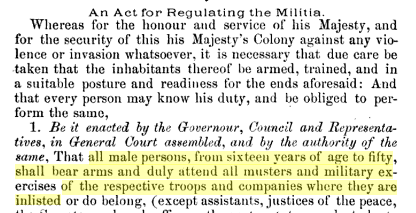"Avoid characterizing it as anything but racism"
Paul Farhi, "‘Racist’ tweets? News media grapple with how to label Trump’s latest attacks", Washington Post 7/15/2019:
When is it time to call a statement “racist,” and when is it time to let others characterize it that way?
News organizations wrestled with that question Sunday and Monday after President Trump tweeted a series of statements aimed at four members of Congress, all women of color. […]
Arizona State journalism professor Dan Gillmor said news organizations are guilty of “weasel wording” when they avoid characterizing the president’s tweets as anything but racism.
Read the rest of this entry »

